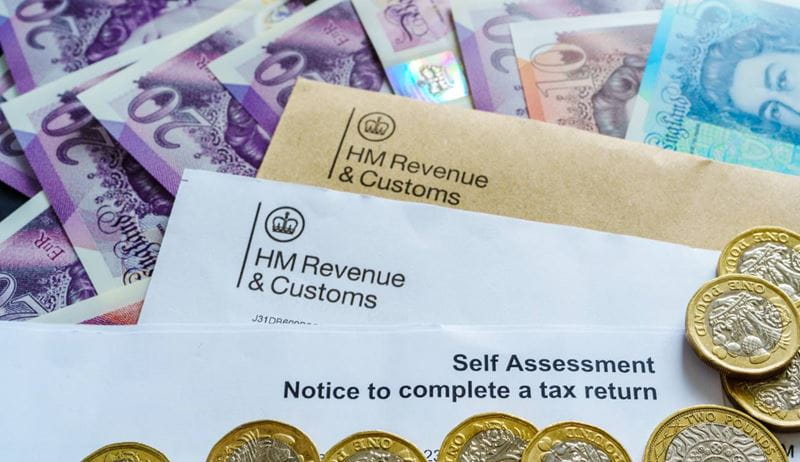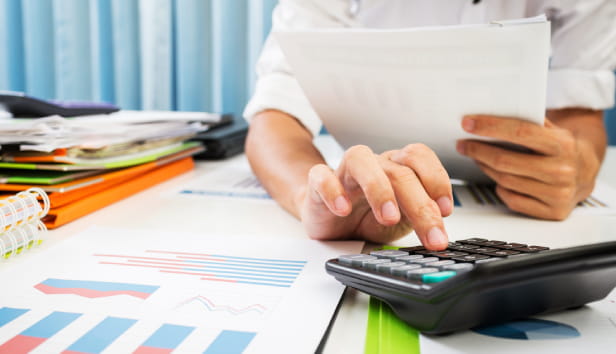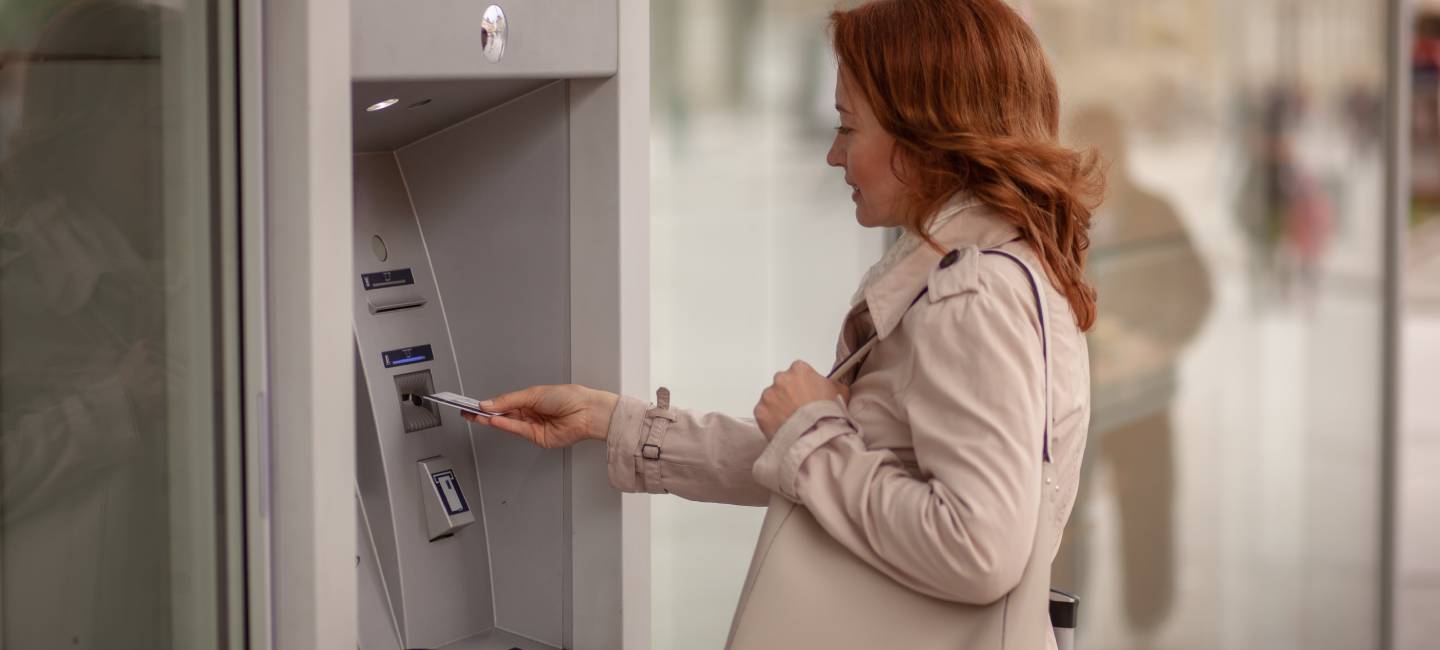
This article is for general guidance only and is not financial or professional advice. Any links are for your own information, and do not constitute any form of recommendation by Saga. You should not solely rely on this information to make any decisions, and consider seeking independent professional advice. All figures and information in this article are correct at the time of publishing, but laws, entitlements, tax treatments and allowances may change in the future.
The annual deadline for filing your self-assessment tax return is approaching fast. Online forms need to be submitted by the end of 31 January for the previous tax year. Filling in a self-assessment form can sometimes feel daunting, even if it’s not your first time. But there's lots of help available, if you know where to look.
If your financial situation is straightforward, you shouldn’t need to pay an accountant to do your tax return. There’s a lot of information on the HMRC website as well as free webinars, and there are various walkthroughs available on YouTube. The HMRC website can be a little daunting to navigate.
It’s worth noting that, when you start to fill out your online self-assessment form on the HMRC website, many of the sections come with pop-up explanations – you just need to click on the question mark on the relevant section. However, these explanations can be quite brief.
Tax experts also provide videos on the HMRC YouTube channel, and host webinars on its own website. A good place to start is the video covering all you need to know about submitting your first self-assessment return. HMRC runs a number of webinars on self-assessment subjects.
These are an opportunity for you to ask questions and get more detailed information on subjects that are relevant to your own financial circumstances. The next live webinar is on 10 January 2025. Previous recorded webinars can also be watched again.
HMRC also has a digital assistant, also known as a chatbot, which can respond to typed queries. Rather than provide detailed advice, the digital assistant is more likely to direct you to the relevant section of the HMRC website – but it can be a good place to start.
HMRC provides a number of helpsheets covering topics such as tax relief, tax on pensions and tax on shares and other investments. For example, the furnished holiday lettings helpsheet explains the complex rules on this topic in great detail.
HMRC does offer phone support lines, but has a reputation for long wait times, especially during busy periods such as the run-up to the 31 January deadline. If you need technical support, for example if you’ve lost your user ID or password, you can call 0300 200 3600. For other enquiries, try 0300 200 3310.
The government-supported service MoneyHelper provides self-assessment guidance, covering how to fill in the form and explaining how various tax allowances work. It also provides links back to the HMRC website for more detailed information where necessary.
The Tax Help for Older People charity provides free advice over the phone for older people on low incomes. It’s available to people aged 60 or older with incomes of up to £20,000 a year. The number to call is 01308 488066.

If your tax return is likely to be more complicated – perhaps because you have many income streams or you run a business – you may want to consider an accountancy software package. Examples include TaxCalc, QuickBooks or FreeAgent.
They will simplify the process, act as a second pair of expert eyes, offer free phone support, outline parts of the return that are relevant to you and may also allow you to connect your bank account to make it easier to track and manage income and expenses.
TaxCalc charges £36, allowing you to prepare up to six individual tax returns for you and your family for the 2023/24 tax year. Intuit QuickBooks charges from £10 a month. An app called Untied charges £49.99 for a basic version or £99.99 for a more comprehensive version that allows you to connect bank accounts, credit cards, tax accounts and send invoices.

Designed for freelancers, FreeAgent is free if you have a business current account with a NatWest or Mettle bank account and make at least one transaction a month. Otherwise, prices start from £33 a month.
Pie Tax also offers a free self-assessment app. You can connect your bank account, reconcile income and expenses, view your tax in real time and submit your return directly to HMRC for free. If you want unlimited access to tax support all year round, the fee is £69 a year.
When you’re looking for online help with your tax return, beware of self-assessment scams. Fraudsters often target people who are seeking financial assistance, for example by charging inflated fees to file returns or by promising fake tax refunds.
“Watch out also for fake calls, text messages or emails purporting to be from HMRC,” says Steph Gemson, founder of accountancy practice TaxGem.
“Genuine tax officials will never ask for sensitive information such as bank details over the phone or by email. Another scammers’ tactic is sending threatening messages that claim you owe unpaid taxes".
Any genuine messages can be found by logging into the HMRC website and checking your personal account. And don’t rely on links to the HMRC site in potentially fraudulent emails or texts – you can get to the site safely by typing “gov.uk/HMRC” into your web browser.



Understand how your money is taxed in retirement and learn simple ways to reduce your bill.

/mature-couple-looking-at-taxes.jpg?la=en&h=650&w=1400&hash=5CFABEEDC751F26D56DD3E85749E3C36)



Discover the methods criminals use to steal your card details and cash, and learn essential steps to protect yourself.